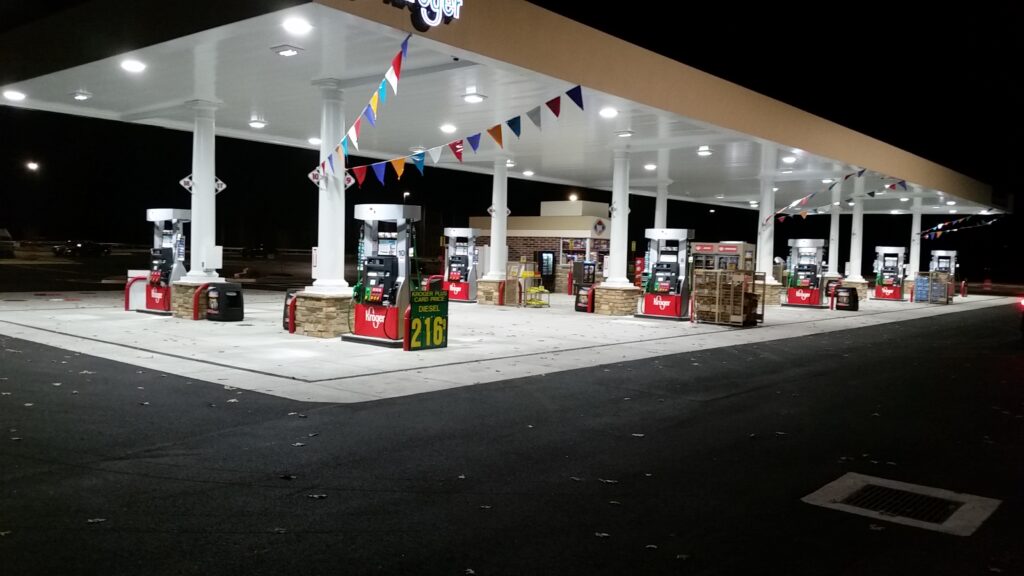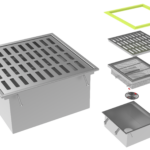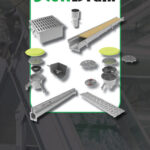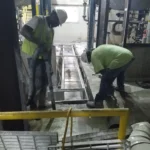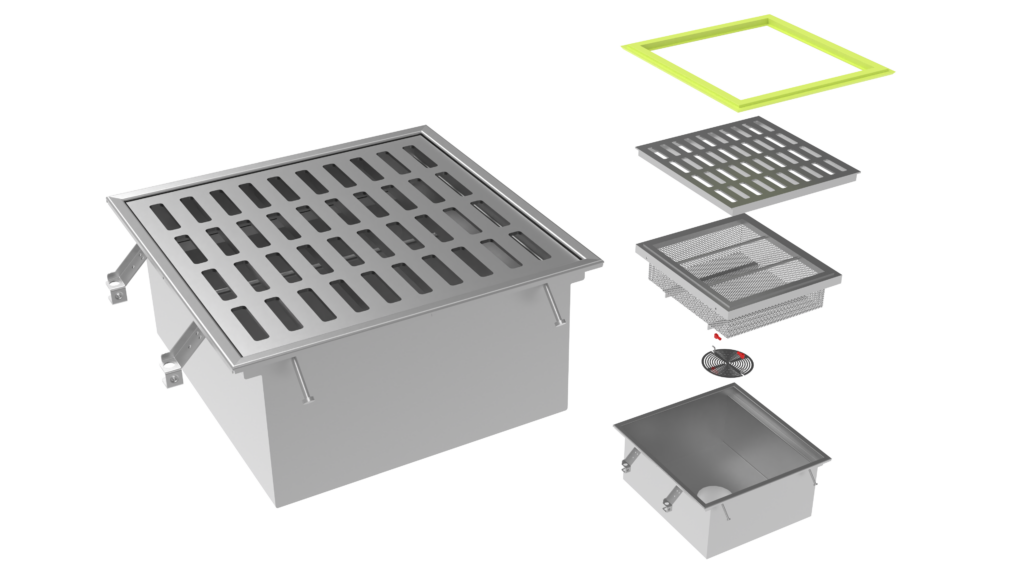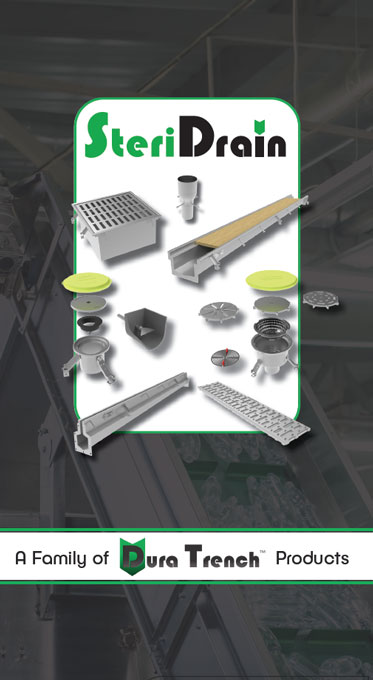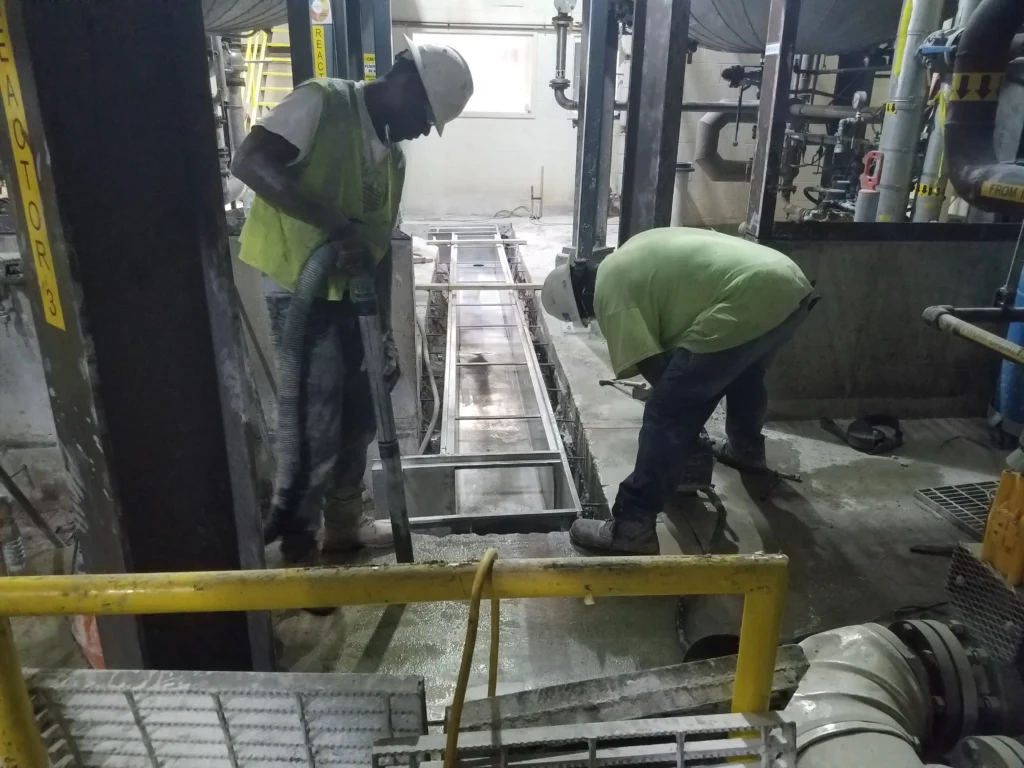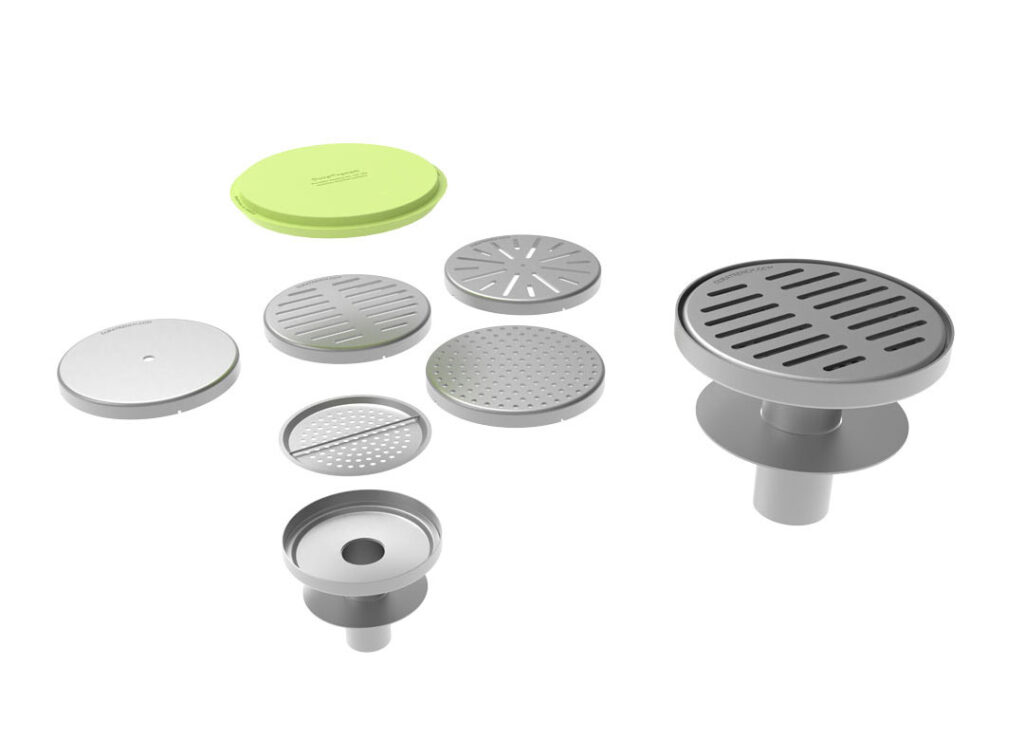Trench drain systems can tackle a lot of tough work for your property or your business location on a daily basis. They make it possible for standing water to be removed and for wastewater to be drained away in areas where work processes are conducted. Trench drains are durable and effective and require very little maintenance in most cases.
Trench Drains do need to be maintained, however. You cannot just install your trench drains and forget all about them for years at a time. Some businesses like breweries and food manufacturing locations might need to provide maintenance for their trench drains weekly or even daily. If you are not sure how to care for your trench drain system, you need to keep reading to learn more.
Maintaining a Trench Drain System
The requirements of your location can change the amount of maintenance that your drains need. Business locations will often need to put more work into caring for their trench drains than what is required for trench drains on a residential property. All trench drains need care at least once a year, and you will need to learn to pay attention to symptoms that indicate that it is time for trench drain maintenance to be done.
1. Routine Cleaning to Maintain Your Trench Drain System
This part of drain maintenance is most commonly required for business locations, but even residential trench drains need to be cleaned out a few times a year on average. When trench drains are not cleaned up regularly, they can get clogged and lead to standing water or even damage to the drain system itself. The most common symptom that indicates that you need to clean out your drain is standing water near the trench.
Trench drains need to have the drain cover removed, and they need to be swept or rinsed out on a regular basis. Tree debris, or food processing waste and grime, can run down into trench drains every day and eventually lead to clogged drains. This is a process that property owners can take care of themselves in most cases, but there are services that you can pay for, which will ensure that this work is done on a regular basis for you.
In manufacturing locations, disinfection of trench drains can also be part of regular cleanup work. This can help to prevent dangerous bacteria growth and other problems that can lead to bad smells and even dangerous working conditions. The health department or the county might dictate the process that needs to be followed for this process if you own a business with trench drains.
2. Keeping the Area Near Your Trench Drain System Clear
Items should not be allowed to accumulate near trench drains. This can block the flow of water into the drain, and it can also lead to objects falling into the drain and clogging it. The drain can also be undermined by large items that have fallen into it, causing the drain to break or fail. While it might not seem like there are items that are collecting near your drainage system in the main areas of your property, this can happen quite easily in forgotten corners or hidden areas.
Items like plastic bags or yard waste can lead to clogs very quickly. Keeping all debris and garbage away from the area around the trench drain is ideal for making sure that your drains stay healthy and functional. You can sweep or spray down the area around your trench drains to ensure that you are not going to run into problems with the drain becoming clogged or being undermined and causing drain failure.
Be sure that you always consider the debris that might be collecting around trench drains that are not in plain sight of where you spend most of your time as well. It can be easy to forget trench drains that are not visible at all times, and these drains can get clogged by messes that have accumulated alongside or on top of them.
3. Using Correct Cleaning Items to Maintain Your Trench Drain System
When you are cleaning out your drains, you need to use the right products for this job. Make sure that you have the right tools to clean or sweep out the drain and be sure that you are not using cleaners that will damage the material of your trench drains. You need to keep in mind that some disinfectants and other kinds of cleaners have things like bleach in them that can actually break down certain materials over time.
Be sure that you ask the manufacturer of your trench drains what their recommended cleaning processes are and what products are safe to be used on your trench drains. This will prevent issues with drains being damaged, and it will improve your cleanup processes to make sure that you are keeping your drains in good condition at all times.
Some companies sell specific tools and products that are ideal for their specific drain products, and this can be a good place to start with your cleaning tools collection. You will have the best luck if your care for your trench drains correctly per manufacturer instructions. Make sure as well that you look into the requirements that the state and the county demand if you are providing sanitation cleanup per law for your trench drain system.
4. Checking on the Health of Grates and Covers to Maintain Your Trench Drain System
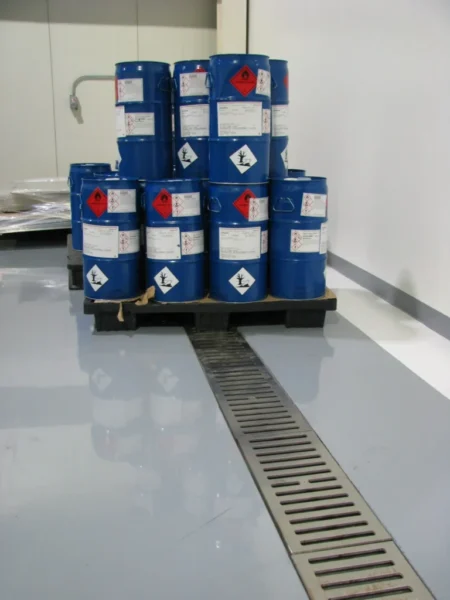
Drain grates and covers need to be maintained just like the trench drain itself. You will need to be sure that you check on the health of the gratings that are covering the drains and make sure that they are not broken, wearing out, or lifting off the drain. Trench drains that are not covered can be a trip hazard or can cause issues with large items being able to get into the drain to cause clogs.
Grates are often screwed down in areas where wheeled traffic passes over them, and you need to check that the fasteners or screws that hold these covers in place have not failed. The grates that cover your trench drains are just as much a part of the good function of the drain as keeping the drain clean and caring for the material of the drain properly.
You might need to replace or change out drain covers when you see issues with the health of a trench drain on your property. You might want to have extra drain covers on hand in case one of your covers fails. You cannot keep the trench drain below this area protected without a cover over it, and you do not want to open up your drain system to damage just because you did not have a spare cover on hand when it was needed.
5. Importance of Checking on Catch Basins
Catch basins are an integral part of some kinds of drainage systems. Your trench drain might be fed by this kind of catch basin, or it might just be connected to the catch basin in another area. There should not be heavy debris getting through the grates into the catch basin, but if the grate on the catch basin has failed, large amounts of debris and large items might have gotten into your drainage system.
Catch basins can be made of many different materials, and you will need to be sure that you check on the health of your catch basin frequently in case the material of the basin itself is not maintaining its integrity. This is one of the areas of drainage systems which can become damaged without people realizing it because this is not something that gets checked as regularly as the other parts of the trench drain system.
All the various other kinds of parts of your trench drain system need to be maintained just like the trench drains themselves, so keeping an eye on things like catch basins is essential. You should be sure that you know where all of these other parts of your drainage system are located so they can be cared for along with your trench drains and grates.
Maintaining Your Trench Drain System is Key to Its Longevity
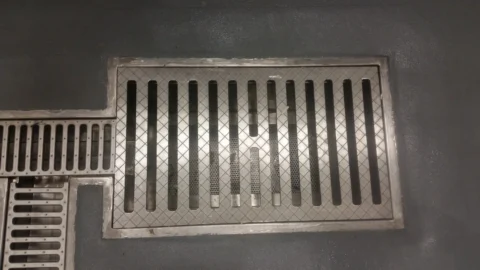
If you have been struggling with the health of your trench drain system, you might not be providing enough maintenance care to your trench drain system. You should be sure that you are always checking on the health of your trench drain system and that you are cleaning out the drains and doing things like replacing damaged grating and covers.
Trench drain maintenance is easy to perform, but you can also choose to hire a company to come and take care of this need for you. In manufacturing locations, you will likely need to comply with regulatory requirements related to cleaning and disinfection processes for your trench drain systems. These processes all need to be done with consideration to the kinds of cleaning products that your trench drain manufacturer recommends. Taking care of the longevity of trench drain systems is often as simple as providing regular maintenance and attention.



